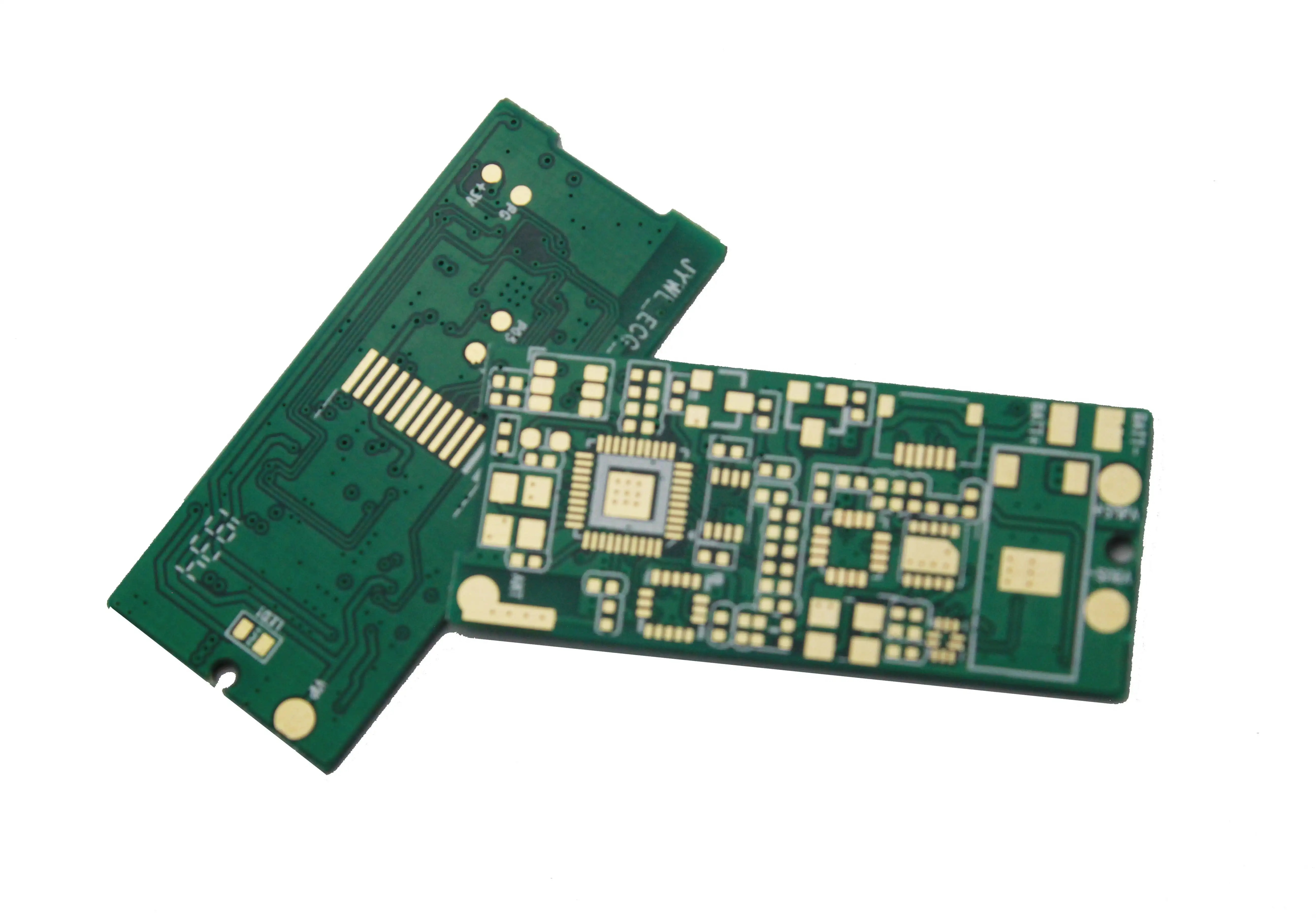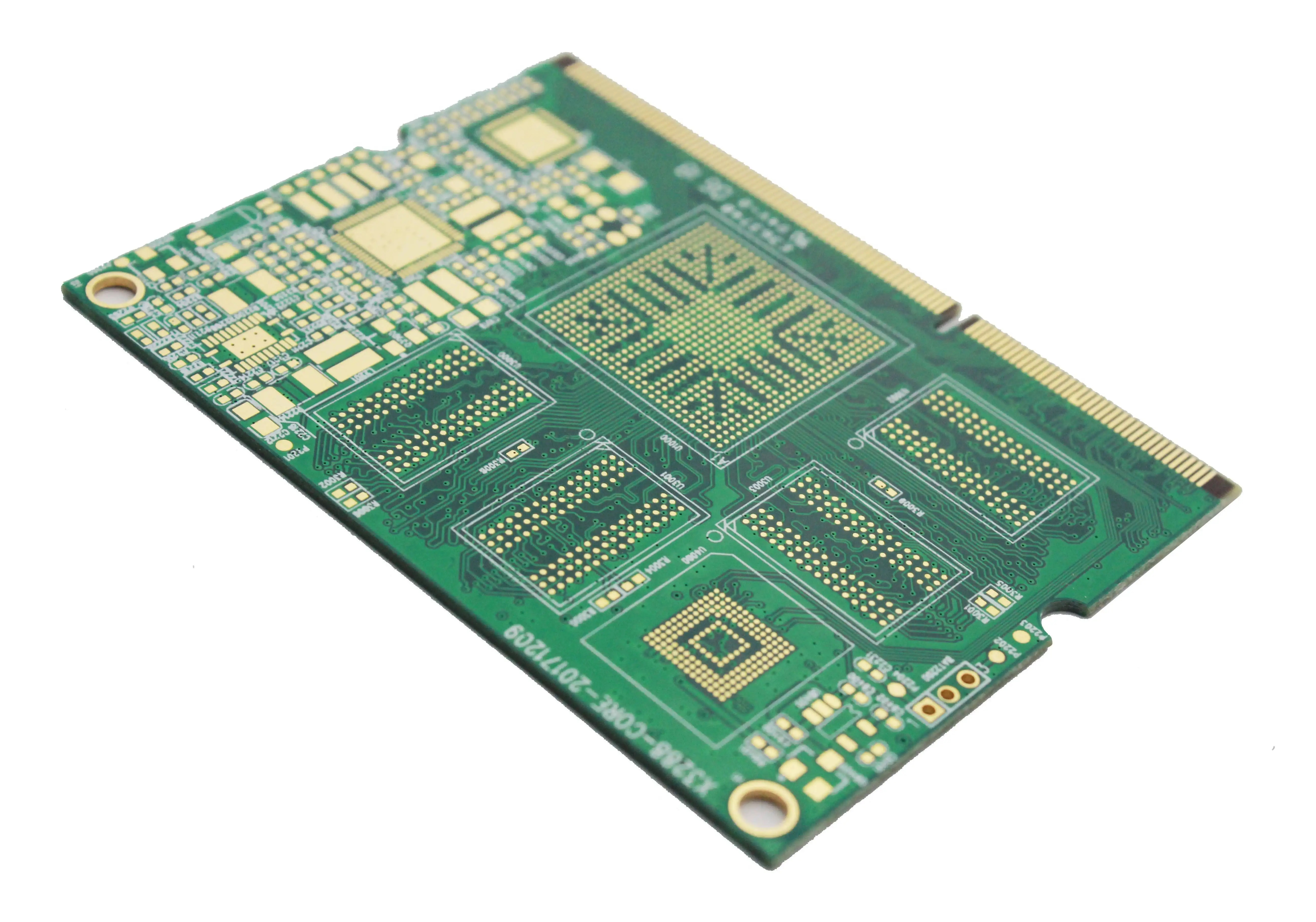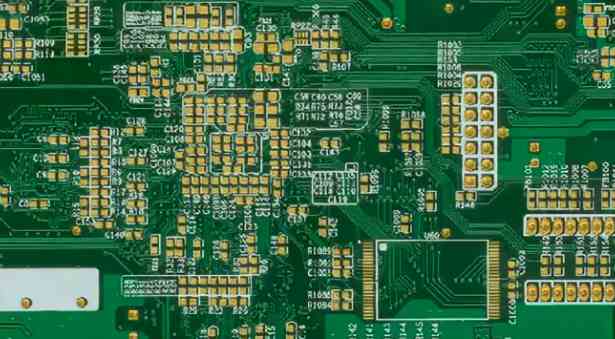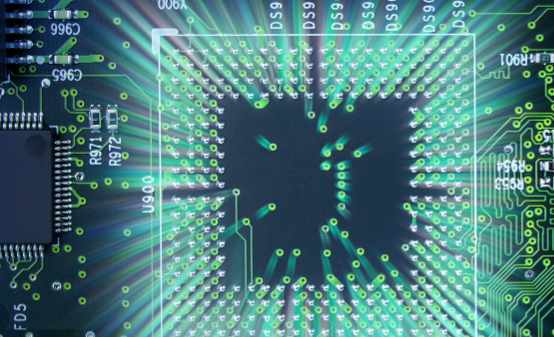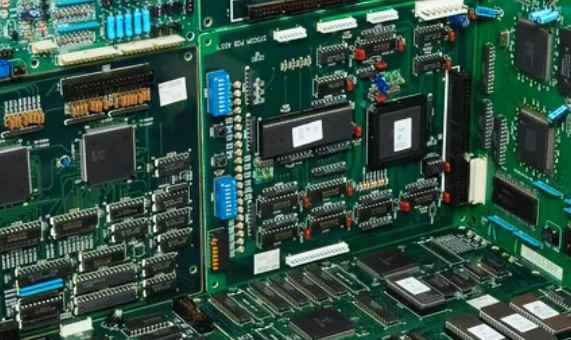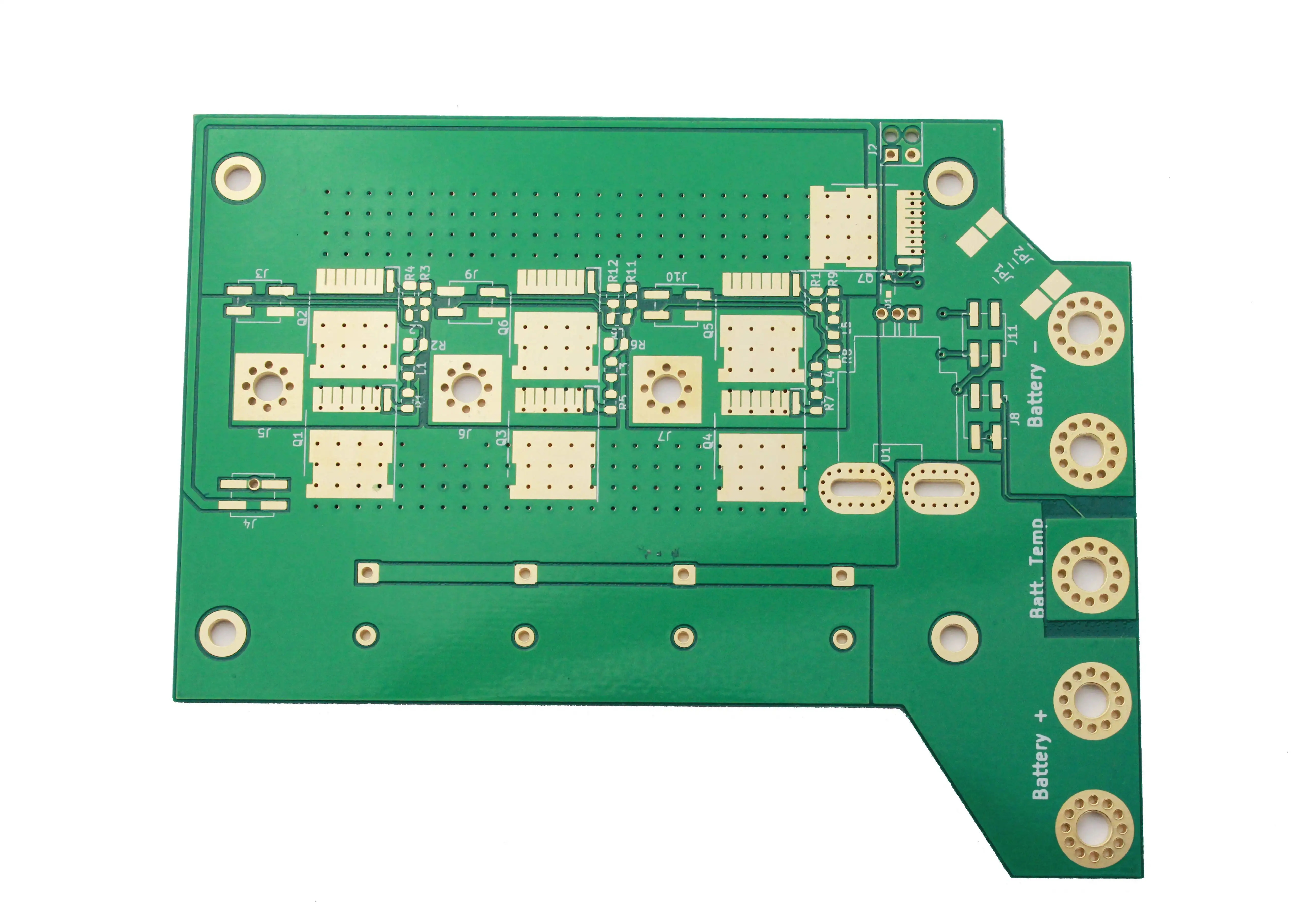
What principles should PCB layout design of circuit board factory follow
PCB is the support of circuit components and devices in electronic products. Even if the circuit schematic is correctly designed and the printed circuit board is improperly designed, the reliability of electronic products will be adversely affected. When designing the printed circuit board, attention should be paid to adopting correct methods, following the general principles of PCB design, and meeting the requirements of anti-interference design.
1、 Principles to be followed in PCB layout design:
First, consider PCB size. When the PCB size is too large, the printed line is long, the impedance increases, the noise resistance decreases, and the cost increases; If it is too small, the heat dissipation is poor, and adjacent lines are vulnerable to interference. After determining the size of the printed circuit board, determine the position of the special components. Finally, all components of the circuit are arranged according to the functional unit of the circuit.
The following principles shall be observed when determining the location of special components:
1. Shorten the connection between high-frequency components as much as possible, and try to reduce their distribution parameters and mutual electromagnetic interference. Components susceptible to interference shall not be too close to each other, and input and output components shall be as far away as possible.
2. There may be high potential difference between some components or wires. The distance between them should be increased to avoid accidental short circuit caused by discharge. Components with high voltage shall be arranged at places where it is not easy to reach during commissioning.

3. Components weighing more than 15g shall be fixed with brackets and then welded. Those large, heavy and heat generating components should not be installed on the printed board, but should be installed on the chassis bottom of the whole machine, and heat dissipation should be considered. The thermal element shall be far away from the heating element.
4. For the layout of adjustable components such as potentiometers, adjustable inductance coils, variable capacitors, microswitches, etc., the structural requirements of the whole machine shall be considered. If it is adjusted in the machine, it should be placed on the printed board where it is convenient for adjustment; If it is adjusted outside the machine, its position shall be consistent with the position of the adjustment knob on the chassis panel.
5. The position occupied by the positioning hole and fixing bracket of the printed board shall be reserved.
2、 PCB layout of circuit components shall meet the requirements of anti-interference design:
1. Arrange the position of each functional circuit unit according to the circuit flow, so that the layout is convenient for signal flow and the signal is kept in the same direction as far as possible.
2. Take the core components of each functional circuit as the center, and arrange around it. The components and parts shall be evenly, neatly and compactly arranged on the PCB. Try to reduce and shorten the lead wires and connections between components.
3. For circuits operating at high frequencies, the distribution parameters between components should be considered. For general circuits, components shall be arranged in parallel as far as possible. In this way, it is not only beautiful, but also easy to assemble and weld, and easy to mass produce.
4. Components located at the edge of the circuit board are generally not less than 2mm away from the edge of the circuit board. The optimal shape of the circuit board is rectangle. The length and width are 3:2 or 4:3. The size of the circuit board is greater than 200 × For 150mm, the mechanical strength of the circuit board shall be considered. PCB processing, PCB Assembly, PCB design, PCBA manufacturers will introduce to you what principles should be followed in PCB layout design of PCB manufacturers.


